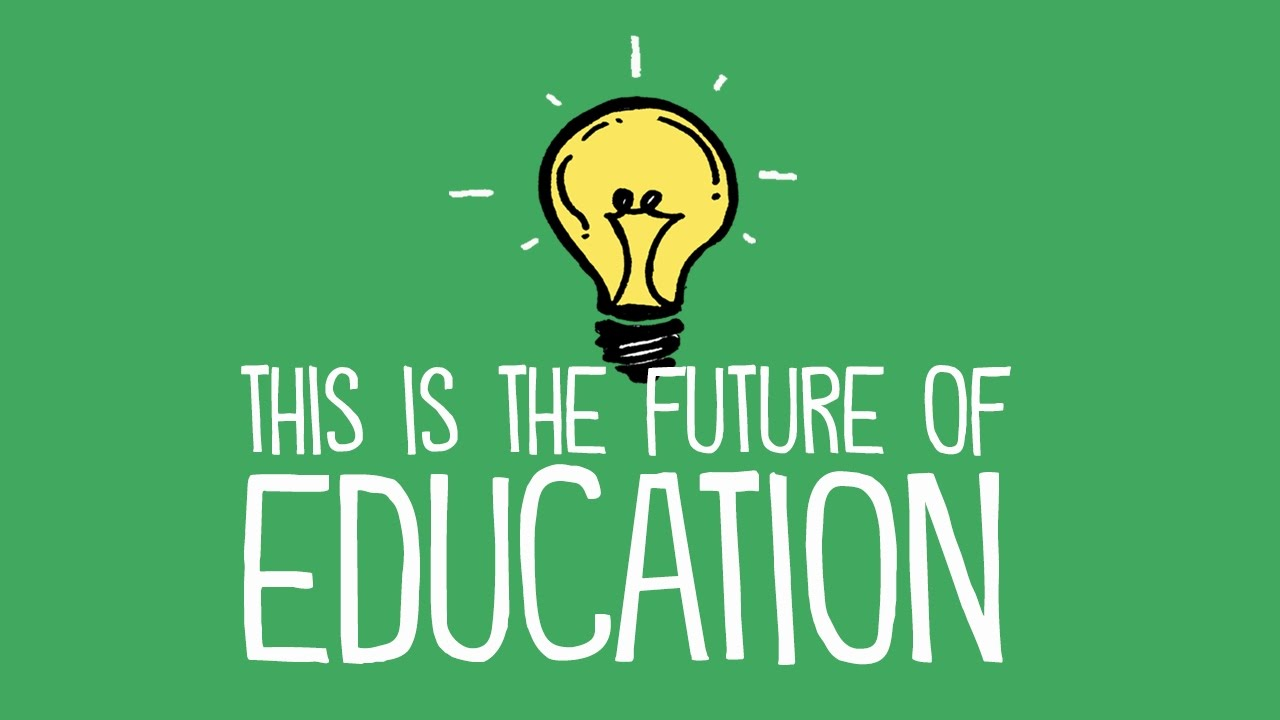Reflection 6 (Module 5: Project-based learning and Rubrics)
Project-based learning (PBL) or project-based instruction is an instructional approach designed to give students the opportunity to develop knowledge and skills through engaging projects set around challenges and problems they may face in the real world.
The reasons for applying PBL approach in teaching are:
A rubric is an assessment tool that clearly indicates achievement criteria across all the components of any kind of student work, from written to oral to visual. It can be used for marking assignments, class participation, or overall grades.
Alternative assessments are designed to foster higher order, critical thinking skills in students through the design of more authentic tasks. One type of alternative assessment is authentic assessment. According to Wiggins, authentic assessments are "engaging and worthy problems or questions of importance, in which students must use knowledge to fashion performances effectively and creatively. The tasks are either replicas of or analogous to the kinds of problems faced by adult citizens and consumers or professionals in the field" (1993, p.229).
Alternative assessments are wide ranging and often include:
The reasons for applying PBL approach in teaching are:
- PBL helps build 21st-century skills students need to succeed. As educators, it is essential to prepare our students to meet the demands of today’s changing global society. With increased engagement, PBL encourages a deeper understanding of content which develops critical thinking, communication, collaboration, and creativity
- PBL provides opportunities to engage students in real-world learning. PBL is arguably the greatest opportunity to engage students in authentic projects or performance tasks tied to real-world careers and experiences.
- PBL can be implemented in person or in remote learning environments. Project based education follows a flexible, differentiated model where students have the freedom to work independently or collaborate either in person or virtually. Performance tasks work well especially when students do not all have access to the same materials.
A rubric is an assessment tool that clearly indicates achievement criteria across all the components of any kind of student work, from written to oral to visual. It can be used for marking assignments, class participation, or overall grades.
Alternative assessments are designed to foster higher order, critical thinking skills in students through the design of more authentic tasks. One type of alternative assessment is authentic assessment. According to Wiggins, authentic assessments are "engaging and worthy problems or questions of importance, in which students must use knowledge to fashion performances effectively and creatively. The tasks are either replicas of or analogous to the kinds of problems faced by adult citizens and consumers or professionals in the field" (1993, p.229).
Alternative assessments are wide ranging and often include:
- Project-based assignments
- Problem-based assignments
- Presentations
- Reports
- Reflective pieces
- Concept maps
- Critical analyses
- Case-based scenarios
- Portfolios




Nhận xét
Đăng nhận xét